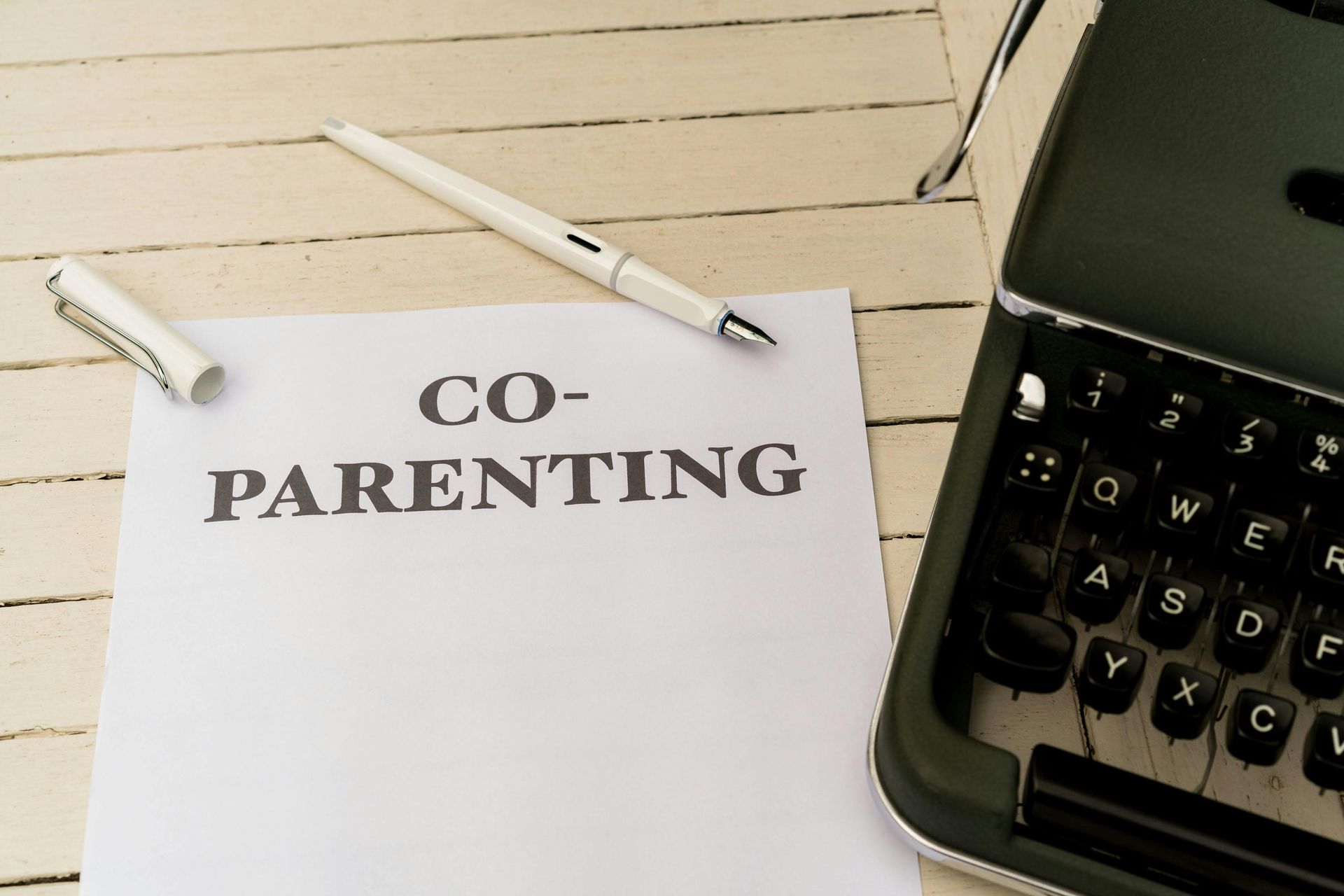If Your Child Wants to Live with Their Grandparents: What You Need to Know
Parenting is one of the most rewarding and challenging experiences a person can have. But sometimes, circumstances arise where a child expresses a desire to live with their grandparents instead of their parents. This situation can be emotional and complicated for everyone involved. Understanding the reasons behind the child’s wishes, the legal implications, and how to handle the situation thoughtfully is crucial for maintaining the child’s well-being.
Why Might a Child Want to Live with Their Grandparents?
There are many reasons a child might want to live with their grandparents. Some common reasons include:
1. Stability and Security
Grandparents often provide a calm, stable, and nurturing environment. If a child’s current home situation feels chaotic—due to parental separation, conflict, or financial struggles—the grandparents’ home might seem like a safe haven.
2. Closer Emotional Bond
Sometimes children have stronger emotional bonds with their grandparents than with their parents, especially if the parents are absent, overly busy, or going through difficult times. The child might feel more loved, understood, or cared for by grandparents.
3. Parental Issues
Issues such as substance abuse, mental health challenges, or work commitments on the parents’ side might make the child feel neglected or unsafe. In such cases, the child might prefer living with grandparents who can provide more consistent care.
4. Cultural or Family Traditions
In some families or cultures, children living with grandparents is common or even preferred, especially during times of transition such as divorce or parental illness.
What Should Parents Do If Their Child Wants to Live with Their Grandparents?
1. Listen and Understand
The first step is to listen carefully to your child. Ask gentle questions to understand why they want to live with their grandparents. Make sure your child feels heard without reacting defensively or emotionally.
2. Assess the Reasons
Try to identify if your child’s wishes stem from temporary feelings, misunderstandings, or actual issues at home. Sometimes children want to live elsewhere because of conflicts or frustrations that can be resolved with open communication and support.
3. Talk with the Grandparents
Have an honest conversation with the grandparents to understand their perspective. Are they willing and able to care for the child long-term? What would the arrangement look like?
4. Consider Family Counseling
Family counseling can be an excellent way to address any underlying problems. A neutral professional can help parents, children, and grandparents communicate better and work toward solutions that serve the child’s best interests.
5. Evaluate the Child’s Best Interests
Above all, decisions must prioritize the child’s physical, emotional, and psychological well-being. Parents should reflect on whether their home environment is safe, supportive, and nurturing.
Legal Considerations When a Child Wants to Live with Their Grandparents
When a child wants to live with their grandparents, legal questions often arise. In Canada (and many other countries), the law generally prioritizes parental rights but recognizes that grandparents can sometimes apply for custody or access.
1. Parental Custody Rights
Parents have primary legal rights to custody of their children. However, these rights are not absolute and can be modified if it is proven that living with grandparents is in the child’s best interest.
2. Grandparents’ Rights
Grandparents can seek legal custody or guardianship if they believe the parents are unfit or unable to care for the child. This usually requires court approval and evidence supporting the claim that the grandparents can provide a better environment.
3. Custody and Access Agreements
In many cases, grandparents and parents come to agreements on visitation or shared custody without going to court. Mediation can be useful here to find a solution that respects everyone’s role.
4. Temporary vs. Permanent Arrangements
Sometimes grandparents care for children temporarily due to parental illness, travel, or other reasons. In other cases, a permanent legal change may be necessary.
Emotional Impact on All Parties
The child, parents, and grandparents can all experience strong emotions around this situation:
· For the child: Feeling torn between two loving sides can cause confusion, guilt, or anxiety.
· For the parents: It can feel like rejection or failure, leading to feelings of sadness or frustration.
· For the grandparents: They may feel honored to help but also stressed by the responsibility.
Open communication and emotional support are essential to manage these feelings and maintain healthy relationships.
Tips for Navigating the Transition if a Child Moves to Live with Grandparents
If after consideration, everyone agrees that the child will live with grandparents, here are some tips to help the transition go smoothly:
1. Keep Communication Open
Encourage regular contact between the child and their parents, siblings, and other family members to avoid feelings of isolation or abandonment.
2. Maintain Routines
Try to keep the child’s routines similar to what they had before to create stability and security.
3. Set Clear Expectations
Clarify roles, responsibilities, and boundaries among parents and grandparents so there is no confusion about decision-making, discipline, and care.
4. Prioritize the Child’s Needs
Make decisions based on what is best for the child emotionally, physically, and socially.
5. Seek Support
Look for community resources, counseling, or support groups for grandparents raising grandchildren, parents navigating custody issues, or children adjusting to new living arrangements.
When Should You Seek Legal Advice?
If you face disputes about custody or access or if the child’s safety is at risk, it’s crucial to seek legal advice. A family lawyer can help you understand your rights, options, and the best way to protect your child’s interests.
How a Lawyer Can Help
· Explaining your rights as a parent or grandparent
· Assisting in negotiating custody or visitation agreements
· Representing you in court if necessary
· Helping you navigate complex family dynamics legally and respectfully
Final Thoughts
If your child expresses a desire to live with their grandparents, it’s important to approach the situation with patience, openness, and understanding. Children often seek what they feel will give them the most safety, love, and stability. Taking the time to listen, communicate, and consider all options will help ensure that whatever decision is made truly benefits the child’s well-being.
Grandparents can be a wonderful support system for families, and in some cases, living with grandparents can provide the nurturing environment a child needs to thrive. However, it’s essential that such arrangements are made thoughtfully and, when necessary, legally formalized to protect everyone’s rights and the child’s future.
More Family Law Blogs
by Anne Harvey









